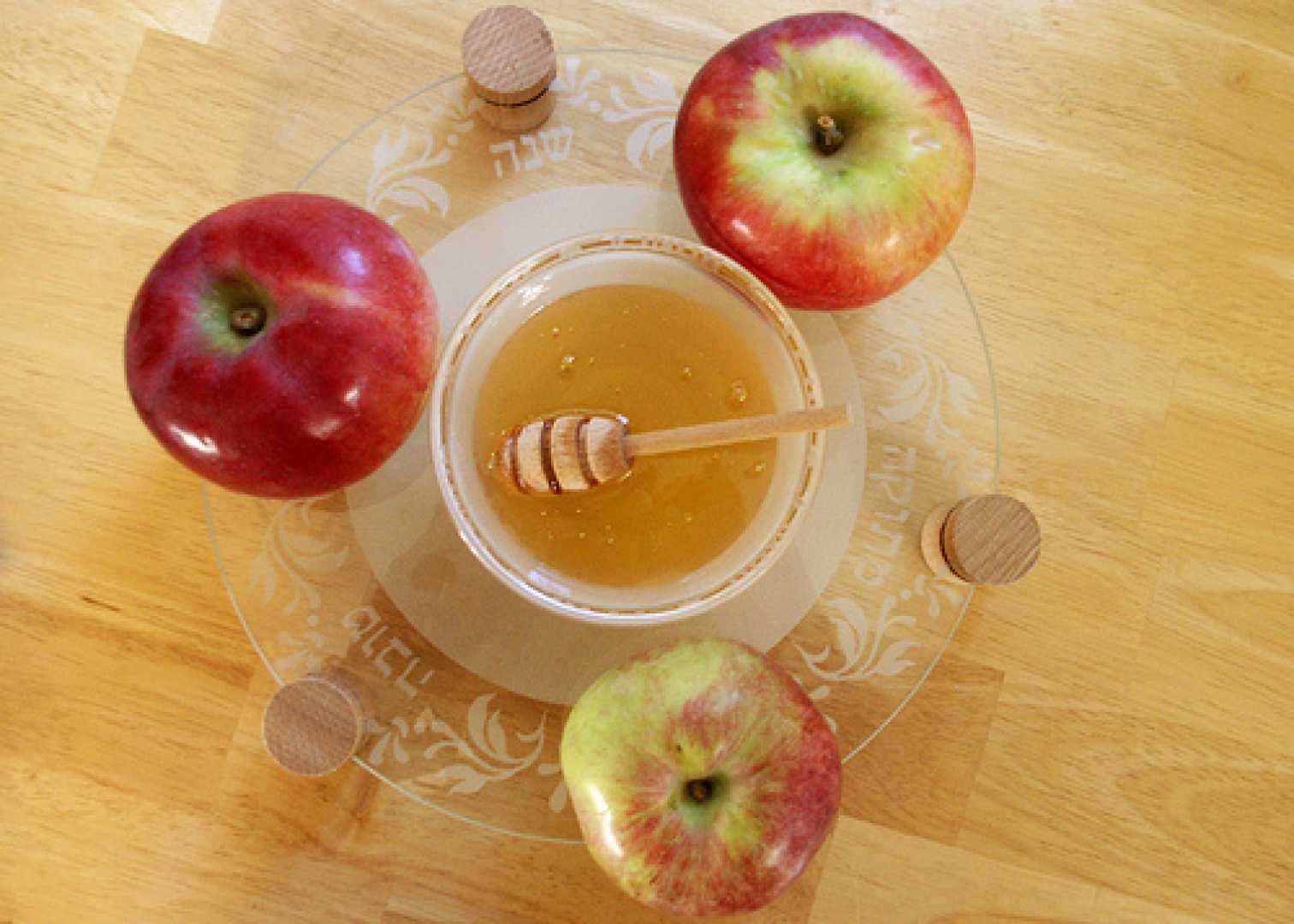News
Traditions of Rosh Hashanah: Apples, Honey, and Cultural Practices

An article from The Jewish Chronicle of London, dated September 26, 1902, detailed the shipment of a Sefer Torah, a shofar, apples, and honey aboard a ship bound for South Africa. The immigrants were expected to be at sea during the Jewish High Holidays, underscoring the importance of traditional items like apples and honey for Rosh Hashanah celebrations. As explained by Jewish cooking expert Hana Goodman, the custom originates from the biblical book of Nehemiah, where celebrants are urged during a holy day to “eat the fat, and drink the sweet.”
Rabbi Jacob Molin, known as the Maharil, further perpetuated this custom by associating the consumption of apples dipped in honey with seeking a “good and sweet year” in the medieval period. In a notable modern instance, a man in New York once attempted to apply this tradition by pouring honey down the city’s Empire State Building, reportedly saying, “What better way to celebrate the New Year than by covering the Big Apple in honey?”
At Cornell University, Rachel Mattes reflected on the seasonal availability and symbolic significance of apples and honey, saying these foods not only mark the beginning of autumn but also embody hopes for a sweet year. The Talmudic sage Abaye supports this, noting the importance of starting the New Year with symbols of sweetness.
The tradition also finds its place on military bases abroad. Captain Howard Perl of the US Third Infantry Division recounted his 2005 Rosh Hashanah experience in Iraq where he celebrated with fellow soldiers, complete with traditional rituals and foods like apples dipped in honey, despite being far from home.
In historical accounts, such as those of Lily Arouch from Salonika, Greece, traditional Sephardi meals included apples and honey to symbolize sweet new beginnings. Rabbi Samuel Dresner expressed the metaphorical nature of the custom, likening it to the potential for personal transformation and atonement as the past year’s difficulties are reconciled.
In a cultural exploration of the Golan Heights, a visitor observed the meticulous process at the Beresheet Apple Packing plant, likening the cleaning and sorting of apples to the spiritual cleansing sought during the New Year.
As Rosh Hashanah approached in 2023, the harsh realities faced by Israelis — including ongoing violence and hostage situations — underscored the collective longing for peace and renewal. This sentiment echoed the urgency reflected in the phrase, “If not now, when?” in efforts to resolve ongoing conflicts and bring captives home safely.












